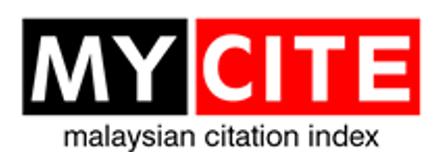Moderating Effect of Investor Demand on the Relationship between Institutional Investors Participation and Flipping Activity
DOI:
https://doi.org/10.51200/lbibf.v12i.350Keywords:
Flipping activity, Institutional Investors' Participation, Investor DemandAbstract
This paper examines the moderating effect of investor demand on the relationship between institutional investors’ participation and flipping activity of Malaysian IPOs. Measured with proxy, flipping activity seems to be the least risky way to optimize returns from IPOs. If done excessively, flipping activity could produce a damaging effect on the aftermarket performance of the new shares. Issuers and underwriters could restrict availability of shares to flip by strategically allocating a larger proportion of IPOs to institutional investors. This strategy could work because this group of investors is perceived to be “loyal” as they tend to keep their shares for a long-term investment. However, the impact of restricting supply of IPOs in the immediate aftermarket could aggravate the situation if the IPOs are highly demanded. The shift of the demand curve to the right when supply curve has shifted to the left induces a new equilibrium at a higher price level. Further price appreciation will make investors be more tempted to flip to optimize their returns, pushing flipping activity to its maximum level. Using 247 Malaysian IPOs covering the period from January 2000 to December 2012, this study finds that investor demand does moderate the negative relationship between institutional investors’ participation and flipping activity.
Downloads
Published
How to Cite
Issue
Section
License
Copyright (c) 2016 Labuan Bulletin of International Business and Finance (LBIBF)

This work is licensed under a Creative Commons Attribution 4.0 International License.


















